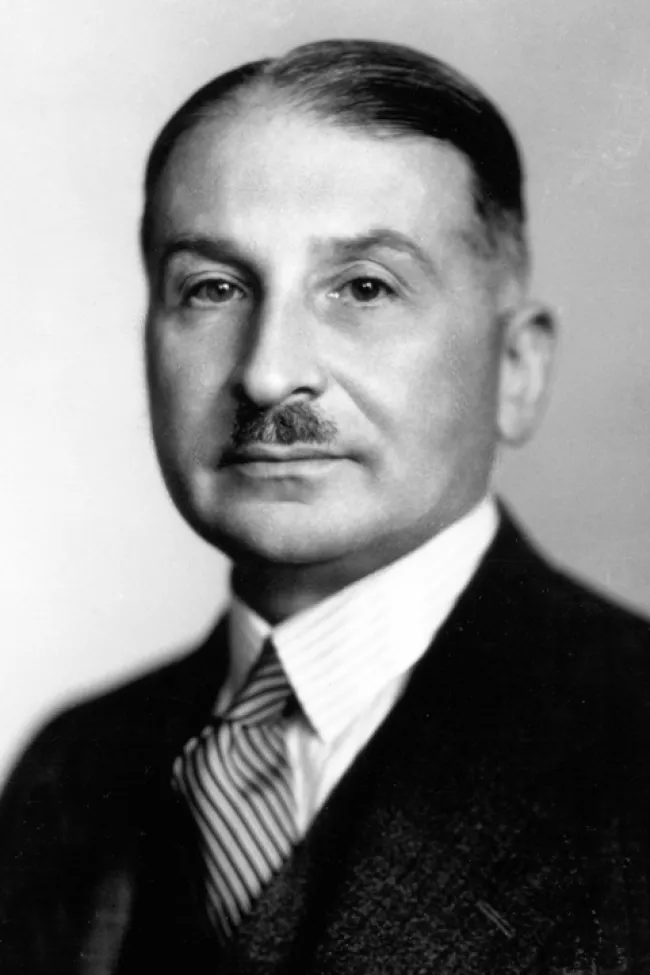Written between 1940 and 1941, shortly after he arrived in the United States, Notes and Recollections is in effect Mises’s pre-1940 intellectual autobiography. This work reveals how Mises developed his theories, wrote his books, lectured, and taught; it describes his life in Vienna and the people with whom he worked. He also discusses his activities as an adviser to Austrian government officials and his frustrations in attempting to keep inflation and communist and Nazi ideas from destroying the Austrian economy.
The Historical Setting of the Austrian School of Economics is an essay originally published in English in 1969 that reveals Mises’s intellectual development in the context of the origins of the Austrian School. It serves as a good introduction to the theory and history of the Austrian School.
As Mises explains in these two works, his viewpoint that modern economics is based on subjective value and marginal-utility theory separated him from classical economists such as Adam Smith, David Ricardo, and John Stuart Mill.
This is Mises’s intellectual biography, written after he arrived in the U.S. It was written at the lowest point of his career, at a time when he had left his homeland and was snubbed by American academia for being too anti-socialist. But his steely determination to press on is evident on every page of this affecting, personal, and powerful book.

No content found

Ludwig von Mises was the acknowledged leader of the Austrian school of economic thought, a prodigious originator in economic theory, and a prolific author. Mises’s writings and lectures encompassed economic theory, history, epistemology, government, and political philosophy. His contributions to economic theory include important clarifications on the quantity theory of money, the theory of the trade cycle, the integration of monetary theory with economic theory in general, and a demonstration that socialism must fail because it cannot solve the problem of economic calculation. Mises was the first scholar to recognize that economics is part of a larger science in human action, a science that he called praxeology.
Having warned of the rise of national socialism and having fled the German army‘s march into Austria, Ludwig von Mises was in an excellent position to analyze Nazi economic doctrine.
Having warned of the rise of national socialism and having fled the German army's march into Austria, Ludwig von Mises was in an excellent position to analyze Nazi economic doctrine.
The most popular method of deprecating capitalism is to make it responsible for every condition which is considered unsatisfactory.

